Are your goals SMART goals? If I were to guess, I would guess no. Your goals are probably not SMART goals. Before you take offense, I don't mean that your goals are dumb. I mean they aren't SMART. They are not Specific, Measurable, Achievable, Relevant, and Time-bound. When making a goal you need to ask yourself these questions:
What is my exact goal?
How will I know if I've achieved my goal?
Can I actually reach my goal?
Is this goal relevant to my current situation?
How long do I need (or have) to achieve my goal?
Let's go through a couple of examples. We will use fat loss as an example (shocker).
Example 1:
Suzy decides that she has gained too much weight over the past few years and is tired of not being able to be comfortable wearing a bikini at the beach. She decides she is going to lose 75 pounds before summer gets here. (For reference, it's April 20th at the time of writing.)
Example 2:
John has a class reunion coming up and wants to impress his old classmates. He decides he is going to lose 10 pounds by June 27th. He is going to do this by adding cardio to his workout program and reducing his Caloric intake.
Let's Compare The Two.
Let's talk about Suzy. Her goal is pretty poorly thought out. Let's walk through those questions again.
Does she have a specific goal? Yes and no. She does have a specific goal, in that she knows what she want's the final result to be, but it is not specific enough because she does not include how she is going to achieve it.
Is her goal measurable? Does she have a marker of how she will know that she has reached her goal? Yes, Let's assume she weighs 225 lbs. If she gets down to 150 lbs then she will have achieved her goal.
Is her goal achievable? Not even close. Today is April 20th. Summer is exactly 2 months away. She cannot (safely) lose 75 lbs in 2 months.
Is her goal relevant to her current situation? Yes, she has come to the realization she needs to lose weight and her goal is to lose that weight.
Is her goal time-bound? Eh, kinda. If she literally meant day 1 of summer then yes, her goal is time-bound. But since I know Suzy (I did make her up for this example after all), I know that this isn't what she meant.
Her goal had 3 (but really just 2) out of the 5 qualifications necessary to be considered a SMART goal but because of those missing components, it was not a SMART goal.
Now let's talk about John. In case you couldn't tell just by reading the two goals, John is the one with a SMART goal. But let's walk through it.
Is his goal specific? Yes, he knows what the end result should be and he has identified his path for how he is going to achieve the goal.
Is his goal measurable? Yes, if he loses 10 lbs then he will have achieved his goal.
Is it achievable? Yes, it is. He has about 10 weeks to lose 10 lbs. Not only is this achievable, he might even be able to double his goal if he wanted and lose 20 lbs.
Is his goal relevant? Yes. He has decided that his current look is unappealing and wants to lose fat to impress his old friends at his class reunion.
Is it time-bound? Yes, he wants to lose the weight by June 27th.
You might say it's nit-picking but it's not. Think about it. How are you going to achieve a goal when you don't even really have that goal defined? Maybe you have gotten as far as to define your goal. How are you going to achieve the goal you've defined if you haven't decided how you are going to get there? Maybe you've done those two things but what if your goal is just simply not possible? So on and so forth. You have to actually define all these things if you expect to actually achieve your goals.
The MOST Important Factor.
Now let's discuss one last thing. I want to talk specifically about achievability because that is the part that most people (including myself) struggle with. You can work through all the steps of a SMART goal but if you overestimate what is achievable and try to do too much in too little time (guilty) then you are setting yourself up for failure. This is important for many reasons but the one I want to talk about is the psychological implications of your goal being achievable.
Let's say you want to lose 20 pounds by X date but you only lose 15. That's a psychological defeat. In your mind, you failed even though you lost 15 pounds and likely look much better than when you started. Now let's say you lost that same 15 pounds but your goal was 10. You look exactly the same either way but in your mind, not only did you achieve your goal, you blew it out of the water. HUGE psychological victory and a major morale booster. This primes you to bust through even more goals. Remember, mental momentum is every bit as real as physical momentum.
Thank you so much for reading! If you found this information helpful and think others will benefit from it as well, please give this article a share on Facebook. It helps us out more than you know. If you like what I have to say, sign up below to become a Treadaway Training insider and never miss a post or video. I will be back next week with another fat loss topic. God bless you AND your family and I'll see you next week.



